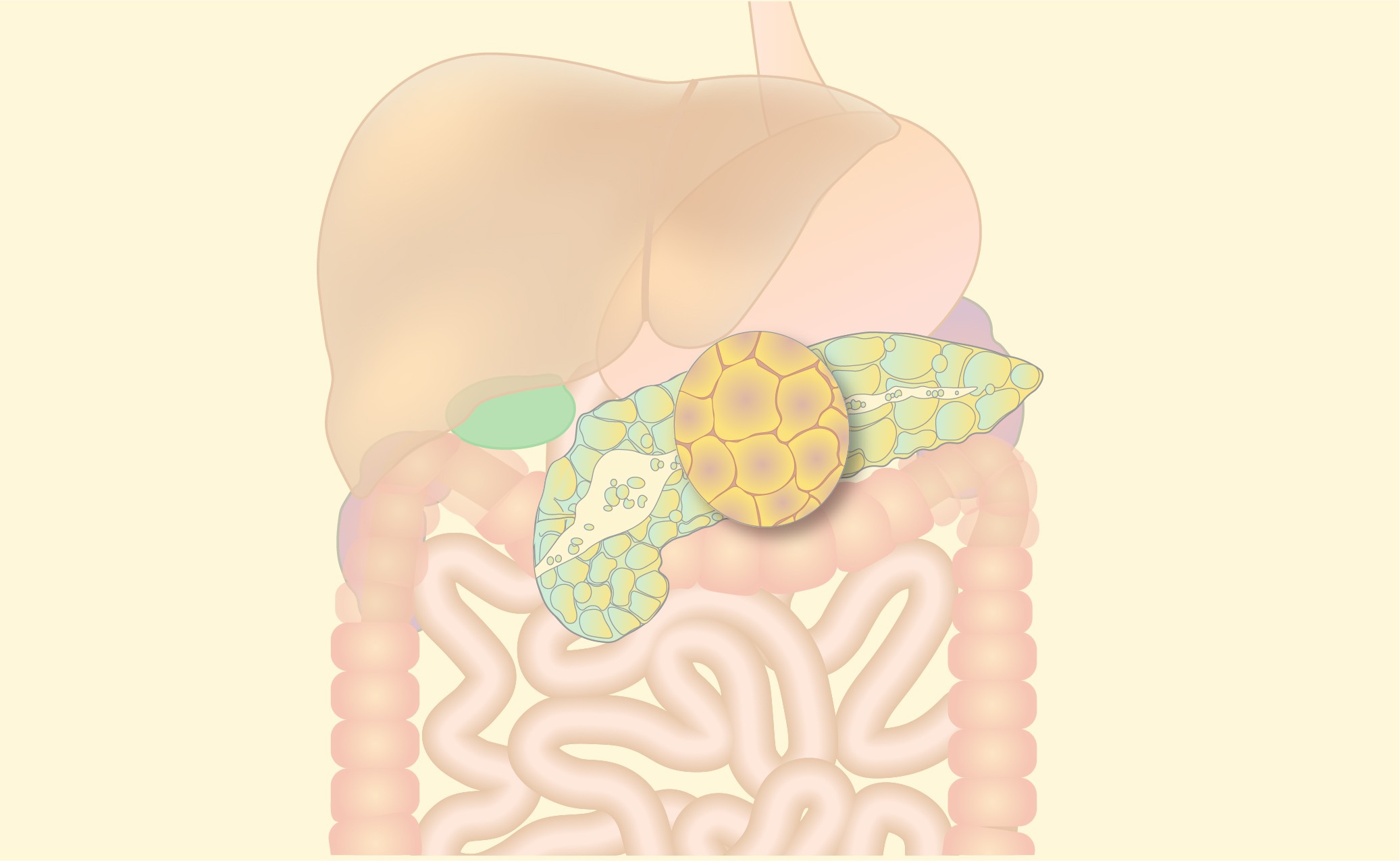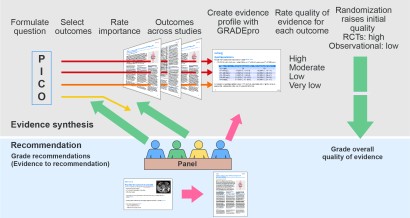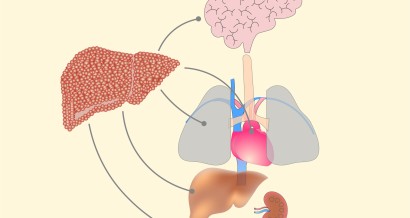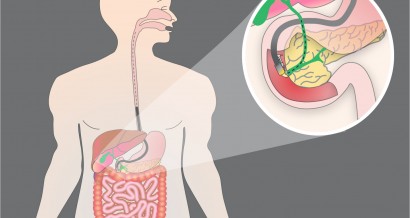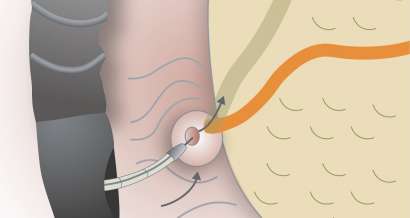Pancreatic cancer is a highly aggressive malignancy, often asymptomatic in its early stages, making early detection challenging. Risk factors are tobacco use and certain genetic mutations. Pancreatic cancer has a poor prognosis, with a low overall survival rate. Hana Algül and Jonas Rosendahl will guide you through this course.
Part one of this course includes comprehensive PPT slides and bespoke video presentations. It starts with an introduction to pancreatic cancer, covers clinical presentations and diagnostic workup, as well as basic therapeutic approaches of patients with pancreatic cancer. Furthermore, information on the surveillance of patients with an increased risk of pancreatic cancer will be presented.
Part two of the course begins with a short retrospection on the first pancreatic cancer course, discusses the implications of early diagnosis, challenges of screening the general population, treatment scenarios, including the yet unclear role of neoadjuvant treatment in distinct settings and emerging novel treatment options.
Figures, schemes, and further readings are included for consideration. The combined material has a total duration of approximately 100 minutes. The estimated time needed to complete the course (part 1 & 2), including the final assessment, is 120 minutes. This course was developed by EPC in conjunction with UEG.
Target audience
The target audience for this course are gastroenterologists (in training), fellows in training, Medical students (in training), general practitioners, nurses, dieticians, physicians of other specialities and basic scientists in gastroenterology who want to gain more knowledge on pancreatic cancer.
